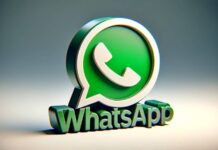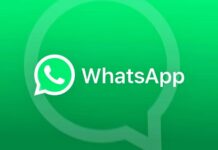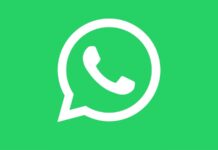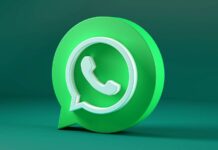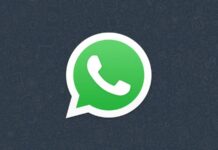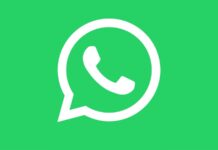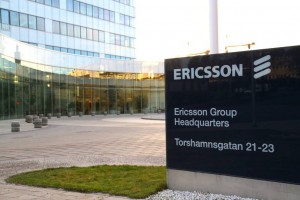 Ericsson is suing Apple in Europe in an attempt to expand its legal disputes initiated in the US just a few weeks ago, the company stating that Apple Lossless Audio CODEC (ALAC), used some of its own technologies without right when it launched its iPhone or iPads. The new lawsuits were filed by Ericsson in Germany, Great Britain and the Netherlands, this after the US initiatives did not have the effect of convincing Apple to conclude licensing agreements for the technologies that it is assumed that they would use them without right.
Ericsson is suing Apple in Europe in an attempt to expand its legal disputes initiated in the US just a few weeks ago, the company stating that Apple Lossless Audio CODEC (ALAC), used some of its own technologies without right when it launched its iPhone or iPads. The new lawsuits were filed by Ericsson in Germany, Great Britain and the Netherlands, this after the US initiatives did not have the effect of convincing Apple to conclude licensing agreements for the technologies that it is assumed that they would use them without right.
Ericsson and Apple had a licensing agreement for 2G and 4G technologies that expired in January, and those from Apple don't seem to be that willing to extend the agreements. Apple claims that Ericsson's patents are FRAND and must be licensed on reasonable, fair and non-discriminatory terms, accusing Ericsson of trying to charge too high licensing fees for them.
Apple and Ericsson would have negotiated for 2 years before these lawsuits were filed, so now Apple will have to defend its interests not only in the US courts, but also in European ones. Ericsson is currently the largest supplier of equipment for mobile phone networks or the Internet, so it has enough resources to fight Apple and try to get justice.
Apple continues to profit from Ericsson's technology without having a valid license in place," said Kasim Alfalahi, Chief Intellectual Property Officer at Ericsson. "Our technology is used in many features and functionality of today's communication devices. We are confident that the courts in Germany, the UK and the Netherlands will be able to help us resolve this matter in a fair manner.
Separately from these lawsuits, Ericsson filed a complaint with the US ITC, this institution agreeing to investigate the case, which could decide to ban the sale of iPhone or iPad terminals in the US, Ericsson already asking for this. Ericsson demands between 250 million dollars and 750 million dollars annually from Apple for licensing its own technologies and although Apple has where to pay this money, it chooses not to do it.



